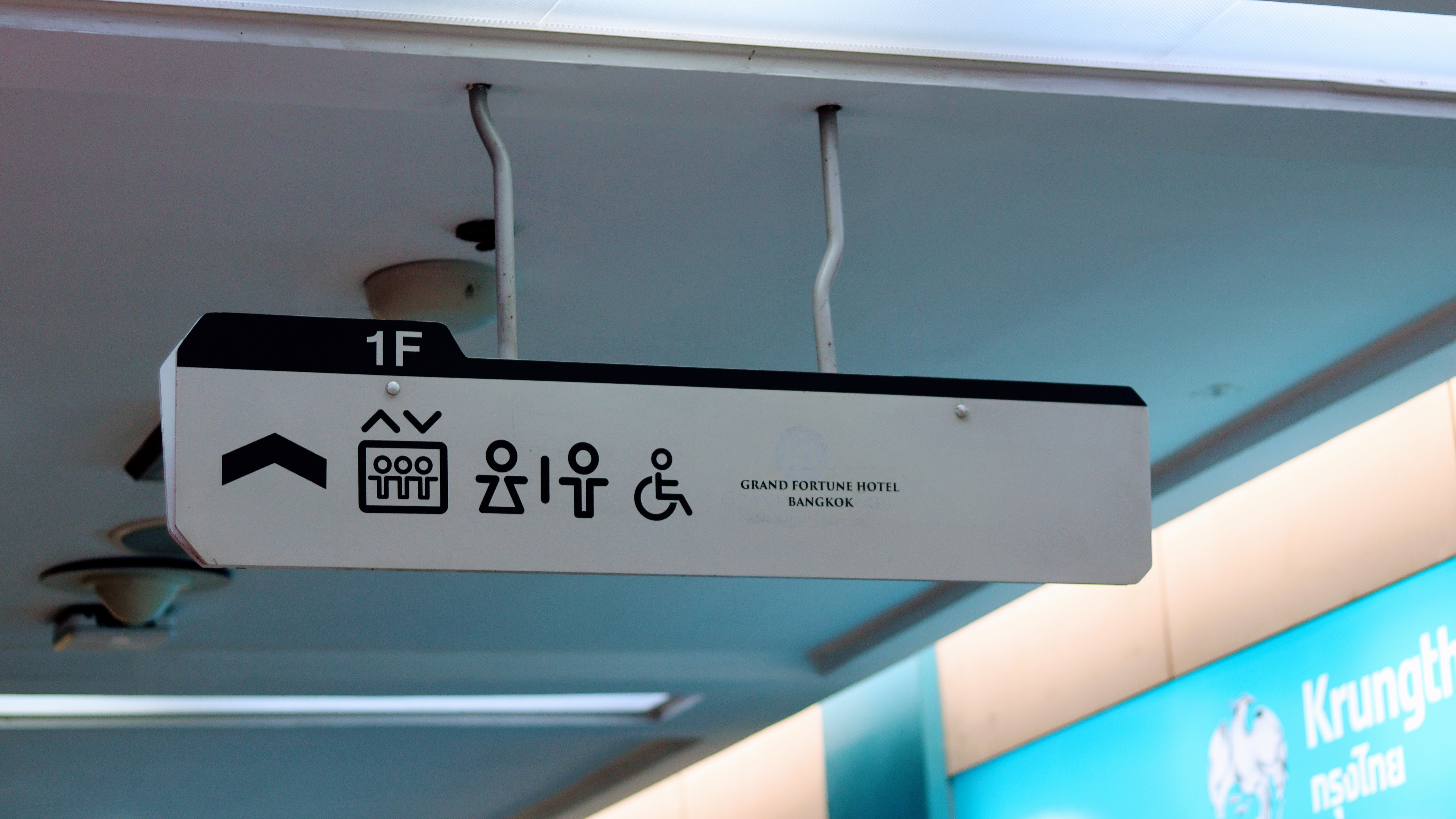Explore accessible travel resources tailored for individuals with special needs, ensuring inclusive facilities and information for all travelers.
Thailand, a popular tourist destination renowned for its vibrant culture and stunning landscapes, can present significant challenges for travelers with disabilities. While the country has made strides in recent years to improve accessibility, it still lags behind many other nations in providing adequate facilities and services for people with special needs.

The bustling cities of Thailand, particularly Bangkok, can be a daunting place for individuals with mobility limitations. Sidewalks are often uneven or obstructed, making it difficult for wheelchair users to navigate independently. Public buildings, including hotels and restaurants, may lack ramps, elevators, or accessible restrooms. Even crossing the street can be a challenge, as many intersections lack audible pedestrian signals.
Public transportation in Thailand, while generally affordable and convenient, is often inaccessible to people with disabilities. Buses, for example, are typically not equipped with wheelchair lifts or ramps. Taxis may be available, but finding a driver who is experienced in assisting wheelchair users can be difficult. The SkyTrain (BTS) and Metro (MRT) systems in Bangkok have made some improvements in recent years, with more stations now offering elevator access. However, these systems can still be challenging for individuals with limited mobility.



Outside of the major cities, accessibility challenges for people with disabilities become even more pronounced. Rural areas often lack basic infrastructure, such as paved roads and accessible public facilities. Traveling to remote destinations may require significant planning and coordination.
Despite the challenges, there are signs of progress in Thailand's efforts to improve accessibility. The government has implemented initiatives to make public transportation more inclusive, and some private businesses have begun to invest in accessibility features. Additionally, organizations like Disabled People International Asia-Pacific Region have been advocating for greater inclusion and accessibility in Thailand.